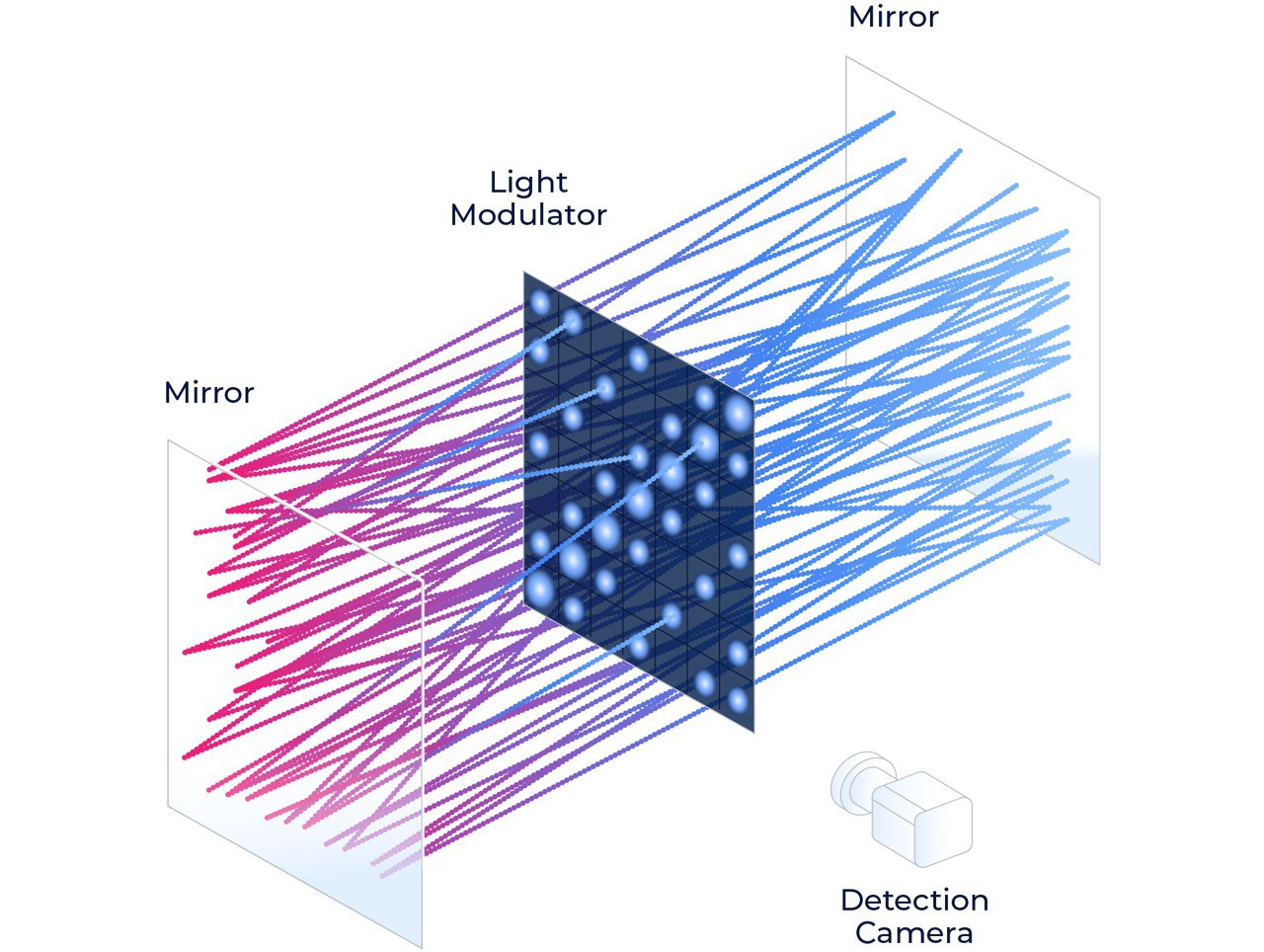- Lightsolver presents the laser processor unit designed to solve high -speed physics equations
- The laser computer system uses optical memory to avoid bottlenecks of processor and memory data
- The company begins to offer early laboratory access with a road map to one million variables by 2029
Laser -based computing is emerging as a possible challenger to establish high performance computer systems, with Lightsolver revealing what calls a laser processing unit (LPU).
Tel Aviv -based startup says that its hardware can directly solve partial differential equations, a fundamental class of problems in physics and engineering.
Unlike quantum systems or GPU groups, the approach is based on a grid of lasers that act in unison.
Equation mapping in the LPU
Lightsolver says that its hardware can map equations such as the heat equation (which models heat flow) and the Schrödinger equation (a central equation in quantum mechanics) directly in the LPU.
By using the natural properties of lasers such as electromagnetic waves, Lightsolver technology avoids many of the limitations found in digital systems.
This includes bottlenecks caused by data transfer between memory and processor.
According to Lightsolver, LPU works with integrated optical memory. In practice, this means that laser states are preserved inside the resonator, allowing each calculation step to be built on the last one without moving data externally.
The result is the iteration in constant time in nanoseconds, regardless of the size of the problem.
While Lightsolver compares its platform with quantum and high performance computers, it emphasizes that it is not based on photonic chips.
Today’s photonic processors are two -dimensional, while their laser -based design is three -dimensional, which the beginning argues will allow greater scalability.
Lightsolver has established a road map to reach 100,000 variables by 2027 and one million by 2029.
The company is already beginning to make its hardware available for the tests. An Alfa version of its processor and a digital emulator to researchers is offered through what calls its LPU laboratory.
Lightsolver believes that this step will help scientists and engineers experiment with technology before reaching the commercial degree.
“Classic computers digitize analog nature, and pay the price in longer execution times and wasted energy. When executing large-scale physical simulations on a physical machine, we can solve them more efficiently than any HPC or quantum system available today,” said Ruti Ben-Shlomi, CEO and co-founder of Lightsolver.
Research works on the subject have been published, and presentations have been given in computer conferences, including ACM Computing Frontiers 2025.
The company has also formed associations with simulation software suppliers and is working with HPC Centers and National Labs.




